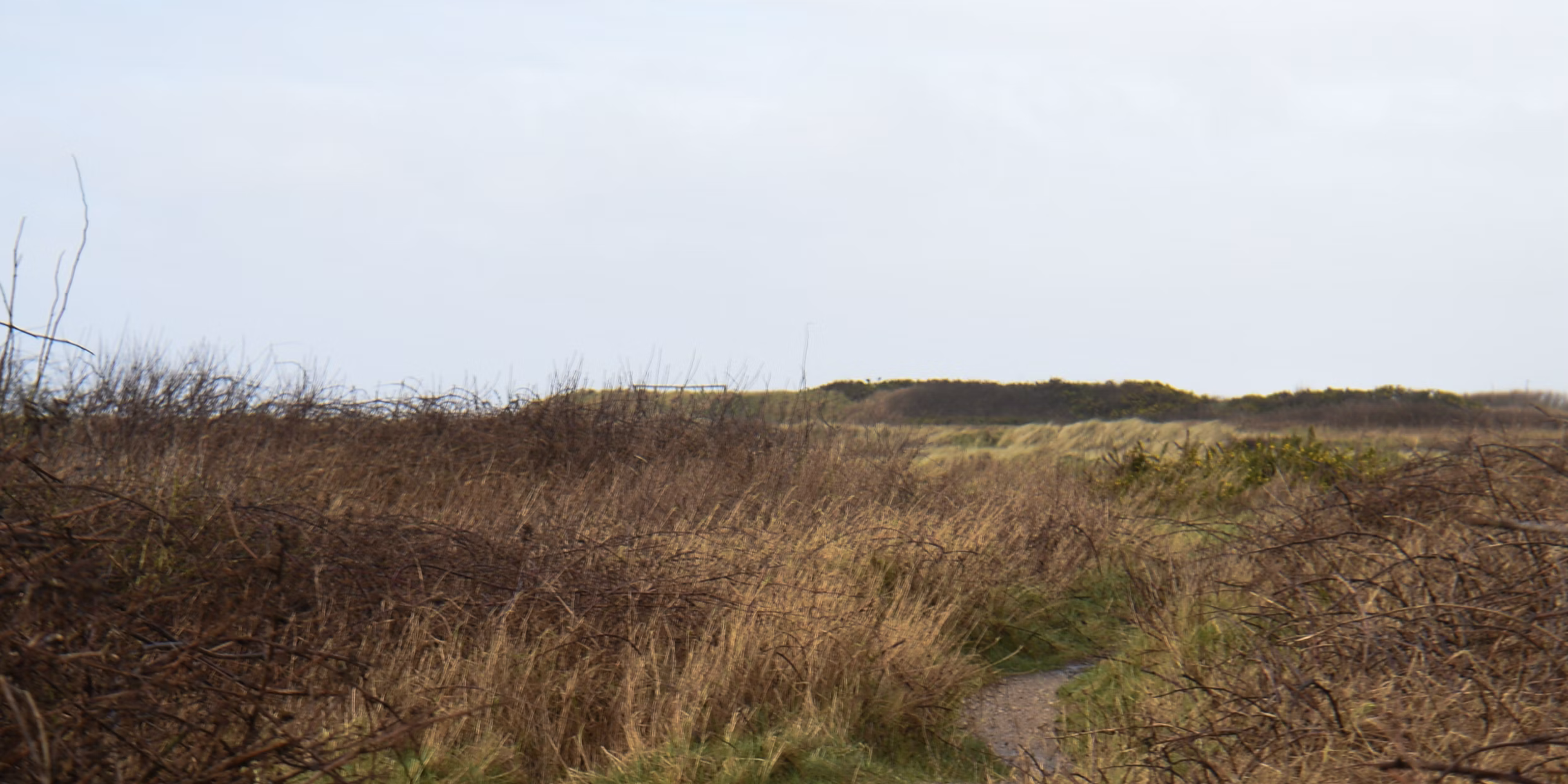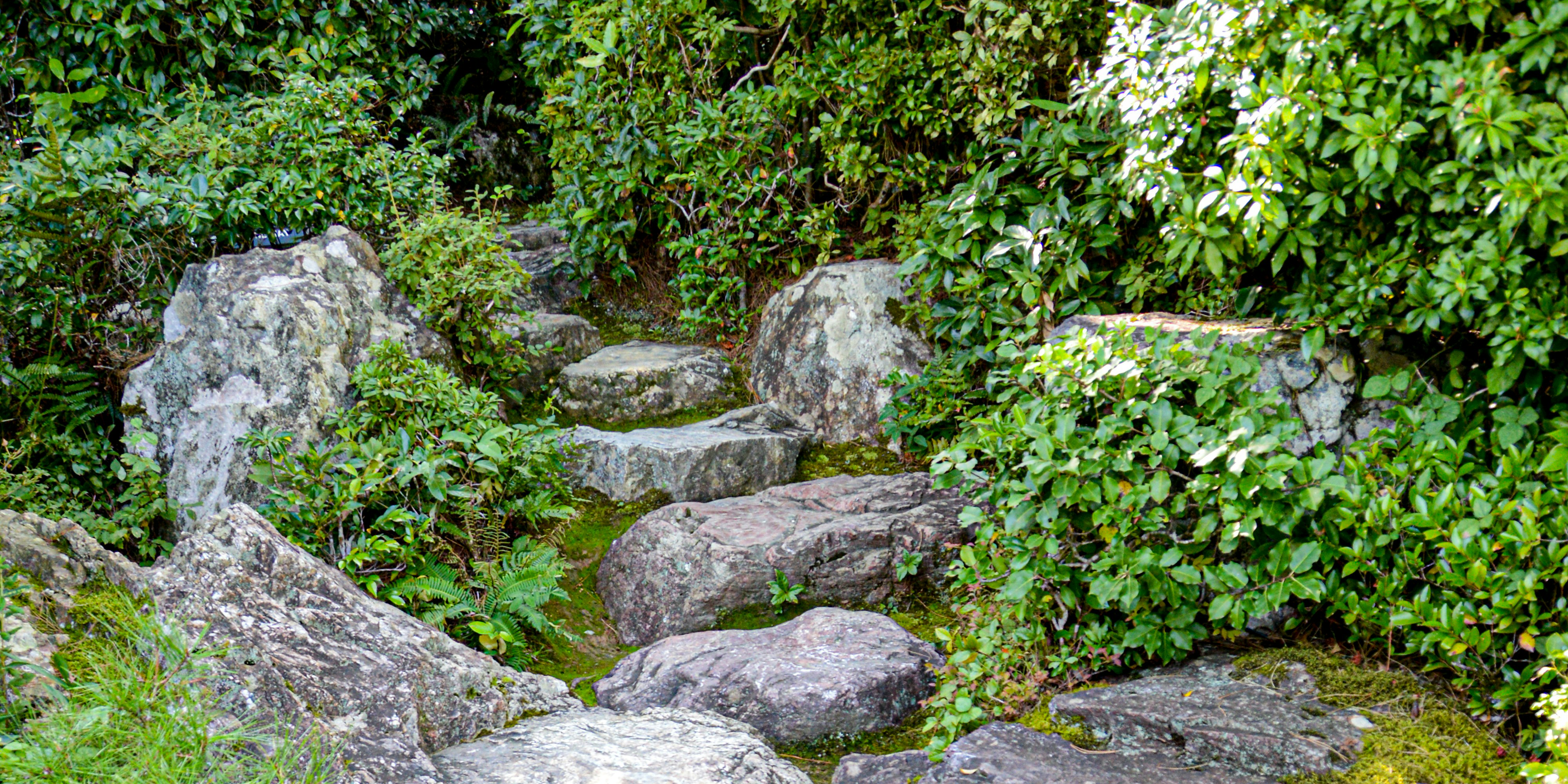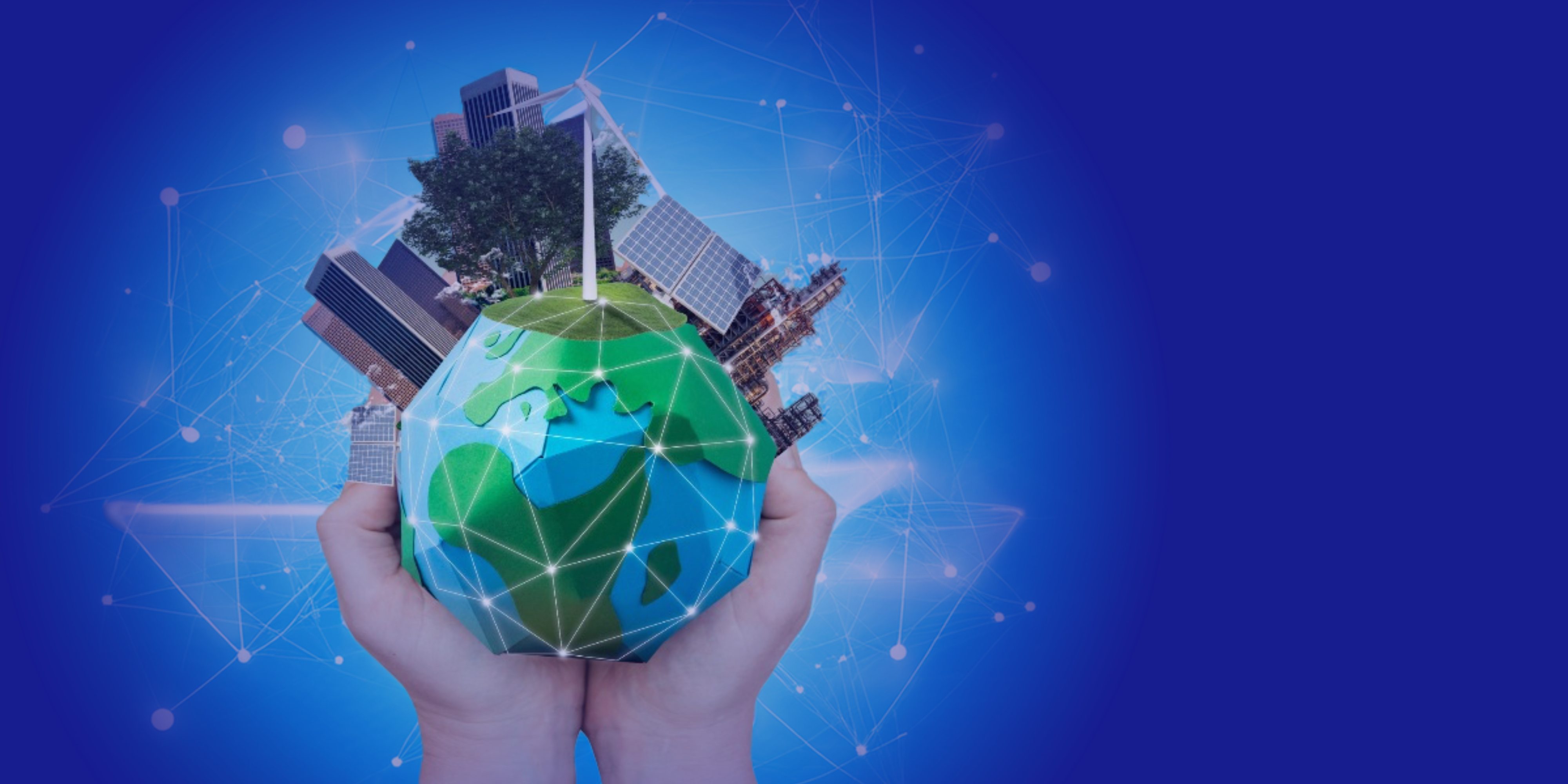We all make use of detergents like bleach, dishwashing liquid and laundry products, in our homes and at work, every week and most times, every day. And yes, they are safe to use however, what we don’t often think of is how harmful these products can be to our water systems, rivers and the greater environment.
Today phosphates are used in almost all household products, from dishwasher detergents and household cleaners to laundry powders and laundry pre-soak products, all the way through to carpet cleaners and even drain cleaners.
Unfortunately, because of these phosphate components, when household products are used and subsequently discharged or washed down the drain, this causes an increase in the growth of algae in our water and reduces levels of oxygen - killing aquatic life which depends on oxygen to survive. So, in essence, the chemical waste from the detergents, and even fertilisers we use, have resulted in our rivers being treated like sewage or toxic waste dumps. As it rains, those chemicals that we pour down our drains are washed into rivers, and this waste can end up destroying an entire food chain and the quality of water in these unique eco-systems.
With only 2% of the world’s water being fresh and 1% accessible for use, we need to urgently protect our natural water systems. A report was undertaken by the Department of Human Settlements, which examined the state of South African rivers back in 2019, pointed to an already bleak picture, finding that only 15% of our rivers were in a good condition. More recently, the Daily Maverick published an article highlighting that the Government has admitted that 56% of the country’s 1,150 effluent treatment plants are ‘in poor or in critical condition’.
So, this means there is work to be done in both increased management and maintenance of effluent treatment works, as well as by phosphate product producing companies, in an effort to do more to help find solutions around this.
By way of example, Interwaste has already started a large greywater recycling programme within our operations for use in areas such as irrigation and dust suppression. In fact, with the advancement of technology, liquid waste or sewage discharged into a river or the sea can be treated to replenish rivers and catchment areas and even be used as potable water in areas with low water supply. In line with regulations banning liquid waste disposal from landfills since 2019, we have devised alternatives for the disposal of liquid waste and have a specialised division that offers solutions to liquid waste generators including management of a variety of inorganic, acid, caustic and oil-based liquid waste streams.
But each one of us can do more to help towards improving our river conditions and the chemical waste that is being washed into the water. We can start using more organic-based products in our home – many more affordable options are becoming available - and educate ourselves around the ingredients used in household detergents and cleaners. We can also dispose of products correctly at proper recycling centres.
Even something as small as not pouring motor oil down the storm drain, but rather taking it to the nearest auto parts store will help, or not placing fertiliser on the grass right before it rains, as these chemicals can be washed into storm drains and waterways, which can assist. Don’t forget about the significant impact that a small act such as picking up litter and placing it in a dustbin, can make. Every action can help to ensure stormwater drains do not get over clogged and contribute to healthier water in
our rivers.
Water sustainability is our responsibility and together we can make a difference.
There is no power for change greater than a community discovering what it cares about. — Margaret Wheatley
Photo by Captureson Photography on Unsplash



SUBMIT YOUR COMMENT